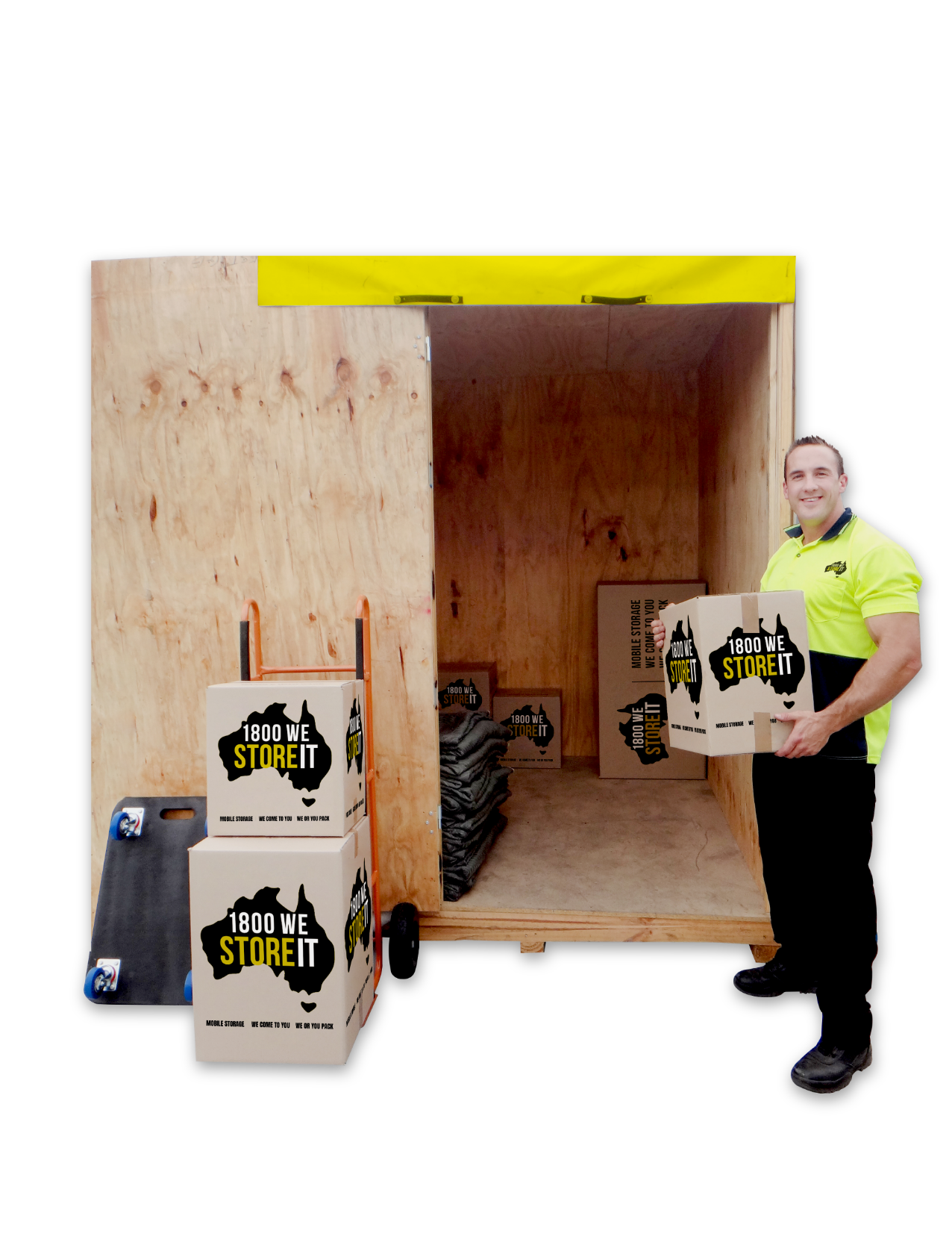Common Mistakes to Avoid When Packing a Storage Unit
Posted on 13 October 2024 | 5 minute read

Many people underestimate the importance of careful packing to keep items safe when using self-storage for the first time. However, other common mistakes you can avoid can streamline your storage, save you money, and prevent frustration and stress. Use this list to avoid the most common pitfalls and ensure the safety of your belongings while they are in storage.
Not Choosing the Right Storage Strategy
The storage industry has grown considerably in the last few decades, which is excellent when you need options. However, with more choices comes an increased chance of settling on a storage solution unsuitable for your needs.
Traditional storage units offer secure locations and a range of sizes to suit most storage requirements. However, you must factor in time to load and unload a ute, truck, or van and travel time between your business or home and the unit. Depending on storage volume and frequency of access, you may also be paying extra in fuel and vehicle rental.
On the other hand, a steel shipping container offers loads of storage space in a more convenient solution. The container can come to you for ease of packing. You can then transport the container to a secure location or leave it on your premises if you have the space.
Failure to Prepare Items for Proper Storage
Belongings that have not been cleaned increase the risk of a pest infestation. Cleaning items will ensure your unit has nothing, such as food particles, that warrants an exploring pest’s attention. You will also prevent mould and mildew outbreaks that can spread to other areas of the storage unit.
Washing machines, refrigerators, and dryers should be completely dry and batteries removed from electronics to avoid corrosion. Consider packing a few silica gel packets to help absorb residual moisture and condensation.
To maximise space, disassemble large pieces of furniture. Remove legs from tables and chairs and take apart bed frames. This will save space and reduce the chance of damage during transport.
Avoid plastic bags for long-term storage of fabrics and clothing, as these can trap moisture. Instead, opt for acid-free paper or breathable garment bags or cotton sheets.
Improper Packing Techniques
Properly packing your belongings will ensure they remain pristine while in storage. Don’t skimp out on low-quality packing materials; use sturdy, uniform-sized boxes you can easily stack. Playing Tetris with your storage boxes is an exercise in frustration, with the resulting stacks much more likely to collapse.
Don’t overpack your boxes. It’s tempting to save space by cramming in as much as possible. However, doing so will make some of the boxes too heavy and increase the risk of sides collapsing when stacked.
Conversely, under packing can also be an issue. Partly empty boxes allow movement that damages items and can unbalance a box, causing it to topple. Pack empty spaces with bubble wrap or packing paper for extra cushioning.
Poor Organisation and Labelling
When you plan on frequently accessing your storage, you’ll be glad you took the time to organise and label everything in your container correctly. Create a detailed inventory that is easy to update when you add or remove items.
When labelling, be as specific as possible. Rather than just labelling a box as “kitchen,” go into more detail, such as “Kitchen—Pots and Pans.” Add labels to every side so you can see the label from every angle.
Strategically place your belongings in storage, with frequently accessed items towards the front and group similar items together. Create pathways or aisles in the storage unit for easy navigation.
Not Protecting Against Moisture
Even if you take the time to dry your storage items thoroughly, you will still need to protect against moisture in your storage container or unit
Moisture-absorbing products placed strategically throughout the unit will eliminate any dampness that may develop. Check your unit for gaps or cracks and let your storage service know so they can repair it or replace the container. Airtight plastic containers will protect electronic items, documents, or clothing.
Regularly inspect your storage container and check for signs of moisture, especially after storms and flooding.
Ignoring Security
You won’t be around to monitor your storage unit, so ensure your service has top-notch security. Do they have round-the-clock monitoring, periodic check-ins with security services, and robust locking mechanisms?
A high-quality lock is essential for shipping container storage, especially if the container is being kept outside on your premises. Place the container in a high-visibility area to deter thieves, and use padlocks that are resistant to cutting and picking.
Insurance is essential when you are storing valuable items or irreplaceable heirlooms. Ask your storage provider about insurance options or recommendations.
Proper preparation, periodic maintenance, and routine checking of your storage unit or container are key to retrieving your items in perfect condition. The above tips will help you keep your belongings pristine for as long as they are in storage. For more information on affordable and convenient storage or general advice, contact 1800 We Store It and chat with one of our storage professionals.


